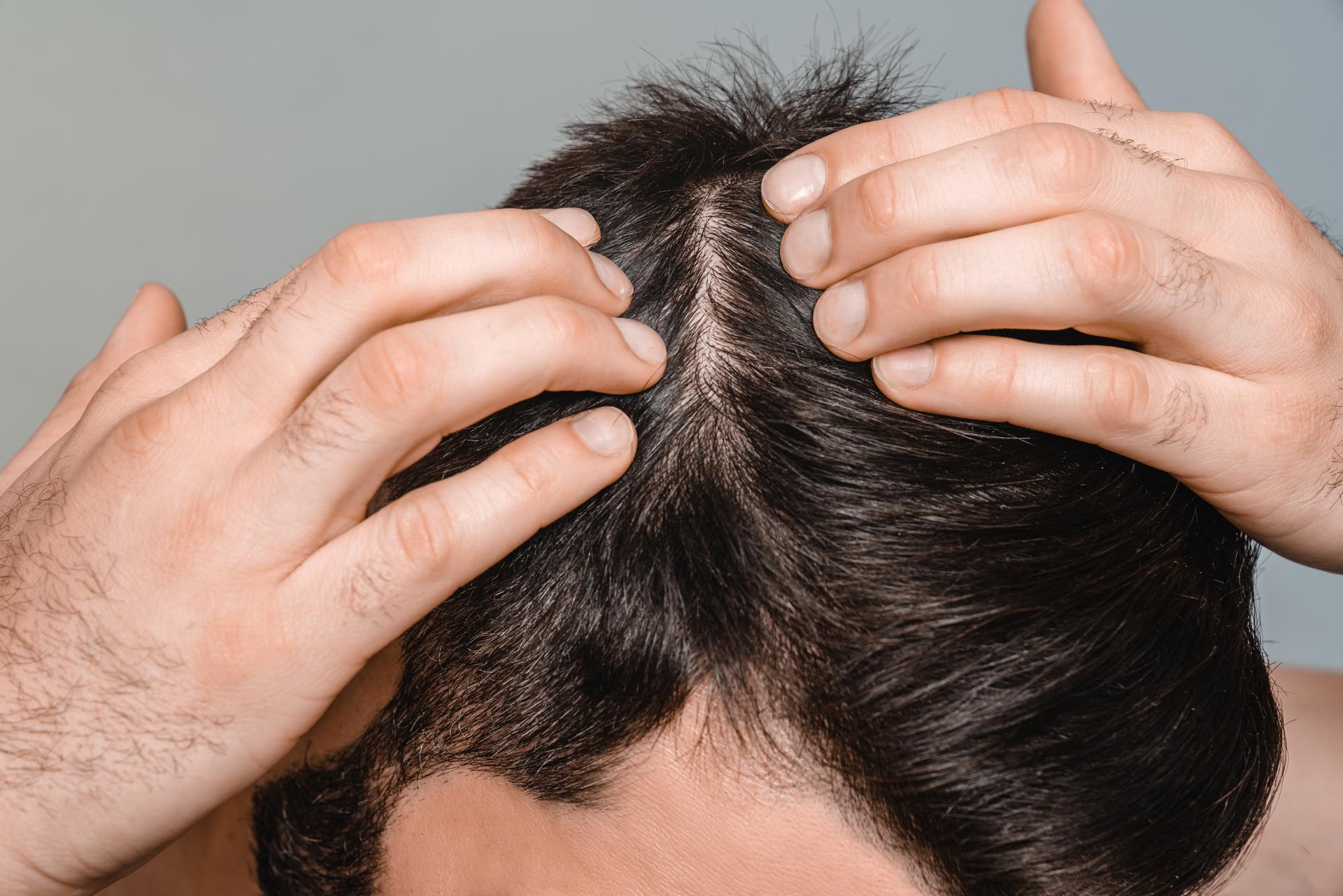To explore a novel against Parkinson’s disease (PD), we evaluated the therapeutic effects of human bone marrow-derived mesenchymal stem cells (hBM-MSCs), pluripotent stromal cells with secretory potential of various neurotrophic and anti-inflammatory factors, in a hemi-parkinsonian rat model. The unilateral intrastriatal 6-hydroxydopamine (6-OHDA)-lesioned rats were injected hBM-MSCs (1.0 × 107 cells) or PBS intravenously 16 days after lesioning. Administration of hBM-MSCs inhibited methamphetamine-stimulated rotational behavior at 7, 14, 21 and 28 days after transplantation. Immunohistochemical analysis also showed that number of TH-positive neurons in the substantia nigra pars compacta was significantly preserved in hBM-MSCs-transplanted rats compared to sham-operated rats, whereas the immunoreactivity of ionized calcium binding adaptor molecule 1 was markedly inhibited. In this study, we demonstrated the therapeutic effects of intravenous hBM-MSCs administration in parkinsonian model rats presenting distinct parkinsonian phenotype at 16 days after 6-OHDA lesioning. The favorable findings raise the possibility that hBM-MSCs could be a novel therapeutic option to promote survival of dopaminergic neurons in PD.

How Stem Cell Therapy Rejuvenates Hair Follicles and Promotes Growth
Hair thinning and hair loss often happen when follicles are no longer functioning at their best. Some follicles may slow

